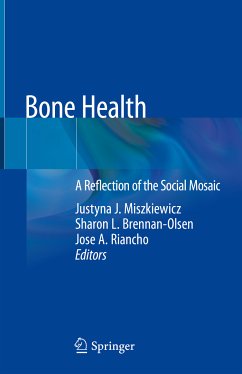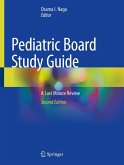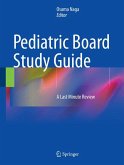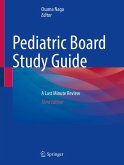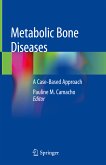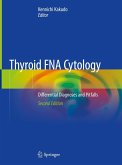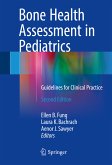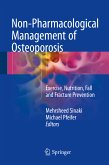The book is divided into three major parts, the first of which discusses bone and dental health in medieval human skeletal remains from distinct socio-economic status groups. In turn, Part 2 reviews bone health in contemporary human populations with a range of social backgrounds; in addition, a conceptual model proposing a social gradient of osteoporosis and fracture risk related to biological mechanisms and cumulative stressors throughout the human lifecycle is presented. Lastly, Part 3 highlights the role of epigenetics in socially patterned risk factors for skeletal disorders, and discusses how epigenetic mechanisms transduce the psychosocial environment and increase the risk of developing conditions such as osteoporosis.
Overall, the book highlights the importance of considering the social-biological nexus in future skeletal biology research and future treatment of bone disease. Increased awareness of this nexus can potentially improve individual and population-level bone health interventions, reducing the social inequities observed in fracture risk.
Given its scope, the book offers a valuable resource for researchers, academics, and students in the fields of medicine, epidemiology, the health sciences, biological anthropology, human anatomy and adaptation, developmental studies of human societies, human biology, and any field concerning musculoskeletal disorders and health. It will also benefit clinical practitioners evaluating osteoporosis, osteopenia, fracture risk, bone quality and quantity.
Dieser Download kann aus rechtlichen Gründen nur mit Rechnungsadresse in A, B, BG, CY, CZ, D, DK, EW, E, FIN, F, GR, HR, H, IRL, I, LT, L, LR, M, NL, PL, P, R, S, SLO, SK ausgeliefert werden.

